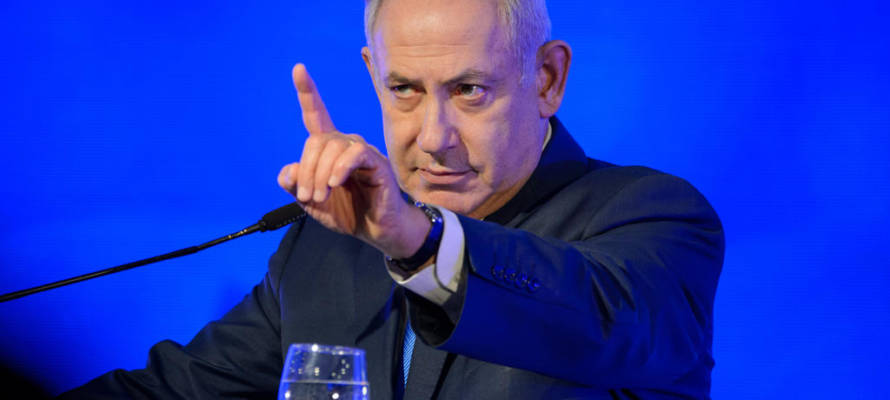‘Our position is clear – no [nuclear] agreement with Iran would be binding for Israel, which will continue to do everything to defend itself.’
By Ben Rappaport, United with Israel
Israel is not bound by any nuclear agreement between Iran and the US, Prime Minister Benjamin Netanyahu emphasized on Tuesday.
Speaking at a meeting held by the Knesset’s Foreign Affairs and Defense Committee, Netanyahu said that Israel’s security situation has been “challenged by the rise of a new force in the region that has totally replaced the Arab world as being hostile to Israel and seeking its annihilation – and that is Iran.”
“More than 90% of our security problems stem from Iran and its proxies,” he added.
“Our position is clear – no [nuclear] agreement with Iran would be binding for Israel, which will continue to do everything to defend itself,” Prime Minister Netanyahu stated. “Our objection to a return to the original agreement – I believe it is effective, but there remain differences of opinion, and we do not hide them, also with regards to minor agreements.”
“We express our positions clearly, [behind closed doors] and also [in public settings]. With one hand we are working to block Iran, and with the other we are working vigorously to expand the circle of peace. These things present to us both great challenges and great opportunities.”
The controversial 2015 Joint Comprehensive Plan of Action (JCPOA) between the US and Iran proposed Iran curb its nuclear program in exchange for economic incentives. In 2018, former President Donald Trump withdrew from the agreement.
On Friday, Axios reported that Iran and the Biden administration had in May held indirect talks in Oman. According to Axios, “The aim of the indirect exchange of messages between the Biden administration and Iran was to reach an ‘understanding’ about ways to de-escalate the Iranian nuclear program, Iran’s behavior in the region and its involvement in the war in Ukraine.”
On Monday, Iranian Foreign Ministry spokesperson Nasser Kanaani confirmed the report, telling reporters that Iran had exchanged messages with the U.S. regarding the lifting of sanctions, according to Axios.
In February, it was reported that IAEA inspectors had detected in Iran uranium enriched to 84% – just below the 90% threshold needed to produce a nuclear weapon. Iran had previously told IAEA inspectors its facilities were configured to 60% enrichment.
Uranium is typically enriched to 3-5% in order produce nuclear power.
